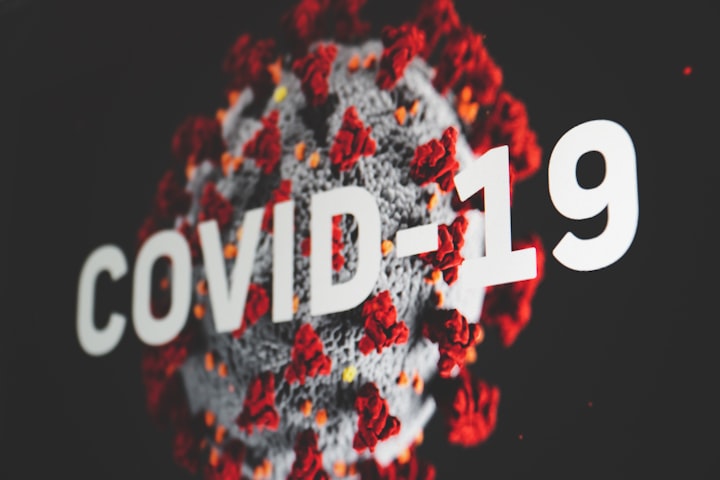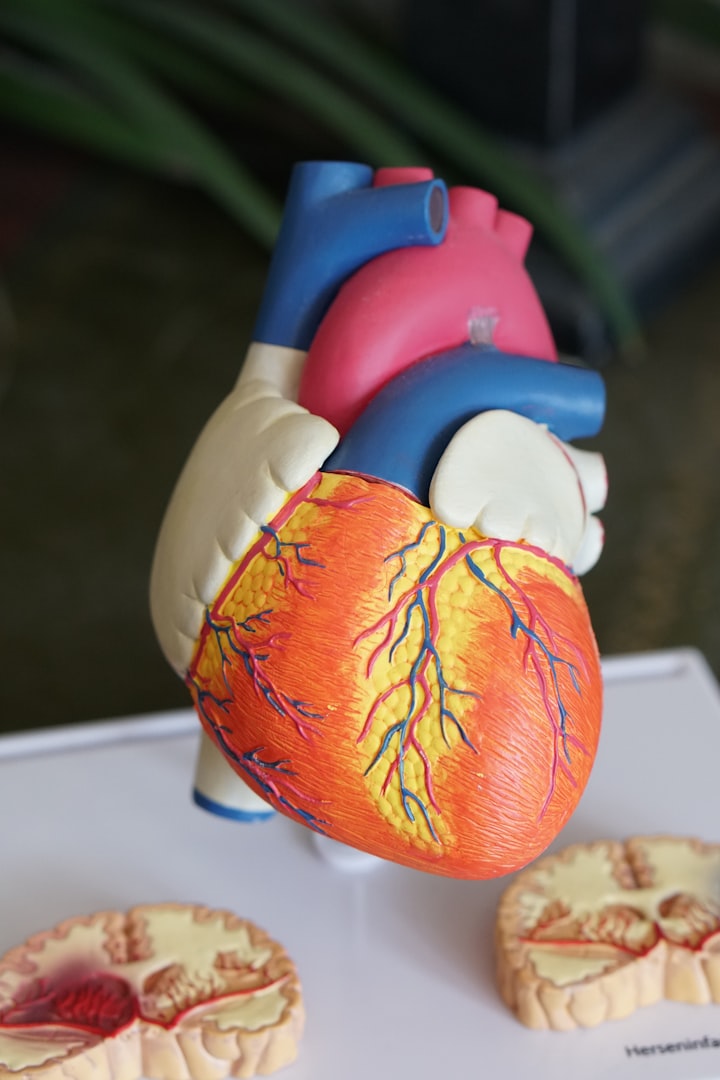
If COVID-19 is spreading in your community, stay safe by taking simple steps such as body distance, wearing a mask, ventilating the rooms, avoiding crowds, washing hands, and coughing into flexing elbow muscles. Stay up to date with the latest Covid 19 information and receive updates from national or local health authorities.
Keep a distance between yourself and others, especially if you are at high risk or have not been vaccinated. A minimum distance of one meter between you and others can reduce the risk of infection when others cough, sneeze or talk.
The CDC recommends that uncircumcised people wear a mask in public. Wear a face mask when in public places where you meet other people. If you are sick or have symptoms of coronavirus, wear a mask around other people.
Coronavirus, which produces COVID-19, is transmitted to people who work closely with each other, for example by talking, coughing, sneezing, or singing, or without symptoms. With good respiratory hygiene, you can protect the people around you from the flu that causes colds, flu now, and Covid-19.
Hygiene is one of the most effective weapons to prevent or prevent the spread of infection. Good respiratory protection protects your environment from colds, flu, and COVID-19 by cleaning and disinfecting common areas such as door handles, taps, and telephone screens.
Our hands touch door handles, keyboards, taps, and many other places, and the virus can be picked up on the go. Rubbing tired eyes or touching the nose or mouth can transmit the virus from the hand to the body. Wash your hands regularly and use plenty of soap, water, and alcohol-based hand rubs to kill germs on your hands.
Pay attention to the people around you and keep your distance when you cough or sneeze. If you do not have muscle, cough in your wrist or use your hand. Keep windows open to improve ventilation in your living space and keep them open as long as it is tolerable, even if that means increasing the temperature.
The CDC states that a sick person should wear a mask, and if they or others live with them, wear a mask. Wearing a mask does not guarantee 100 percent protection against the virus that causes COVID-19, but it does reduce the chances, Hirsch said. We do not know if the Covid-19 vaccine protects against viral transmission, but people should wear masks, isolate themselves from society and spend time inside with multiple family members, even after vaccination.
Wash your hands with soap and water several times a day for at least 20 seconds before going to the toilet, eating, sniffing, coughing, or sneezing several times a day. Wash your hands thoroughly with soap, clean running water, or both at a time every 20 seconds. If you do not have soap and water, use an alcohol-based hand sanitizer.
The CDC recommends wearing a face mask and not a mask, meaning that health care workers work in public places, such as a grocery store or a bank. According to the CDC, washing hands often with soap and water (should be done every 20 seconds) and using hand sanitizers in the absence of soap or water is the best way to prevent the spread of infectious diseases.
According to the latest CDC guidelines, vaccinated people living in small groups and other vaccinated people should wear masks far and wide. Masks should be worn in addition to sitting at least six feet by people who do not live near you. For people who have been vaccinated in the home, all uncircumcised members of the same family should wear a mask if they are at low COVID-19 risk.
As we know, the virus can spread from person to person and may be infected with COVID-19 by touching dirty areas or by touching the mouth, nose, or face. According to the CDC, household bleach or alcohol solution (80% alcohol is the most common) is the only EPA registered to kill germs in homes that fight the Covid-19 virus.
Protecting yourself and others from the virus is key to reducing infection rates and preventing thousands of deaths. While prevention methods in the US are politically motivated, we are aware of some of the most important behaviors such as good hygiene, oral and nasal protection, and the isolation of others to prevent the spread of the virus. If you have a chronic illness or are at high risk for serious illness, ask your doctor for other precautions.
Coronavirus (COVID-19) has been declared a public health emergency in Florida, and many people are wondering how to protect themselves from respiratory infections. The CDC recommends that people not be vaccinated wearing public masks, especially when it is difficult to be alone in the community.
A new virus, SARS-CoV-2 (SARS-Ar-CoV-2) has been identified as the cause of the 2019 China outbreak. It is called acute respiratory syndrome severe Coronavirus 2 (SARS-CoV-2). The disease is named Coronvirus Disease 2019 (COVID-19). The virus that causes COVID-19 is spread through the respiratory tract when a person with the virus coughs, sneezes, breathes, sings, or talks. The droplets are absorbed internally and end up in a person's mouth, nose or eyes.
The virus that causes coronavirus infection (COVID-19) is spread when a person is exposed to tiny droplets that last several minutes to several hours in the air, known as airborne infections. The virus can also spread if a person touches a sleeping area or touches another person's mouth, nose or eyes, but that is not the main way the virus is spread.
About the Creator
Son Sim
Love writing poems, fiction stories and a lot more





Comments
There are no comments for this story
Be the first to respond and start the conversation.